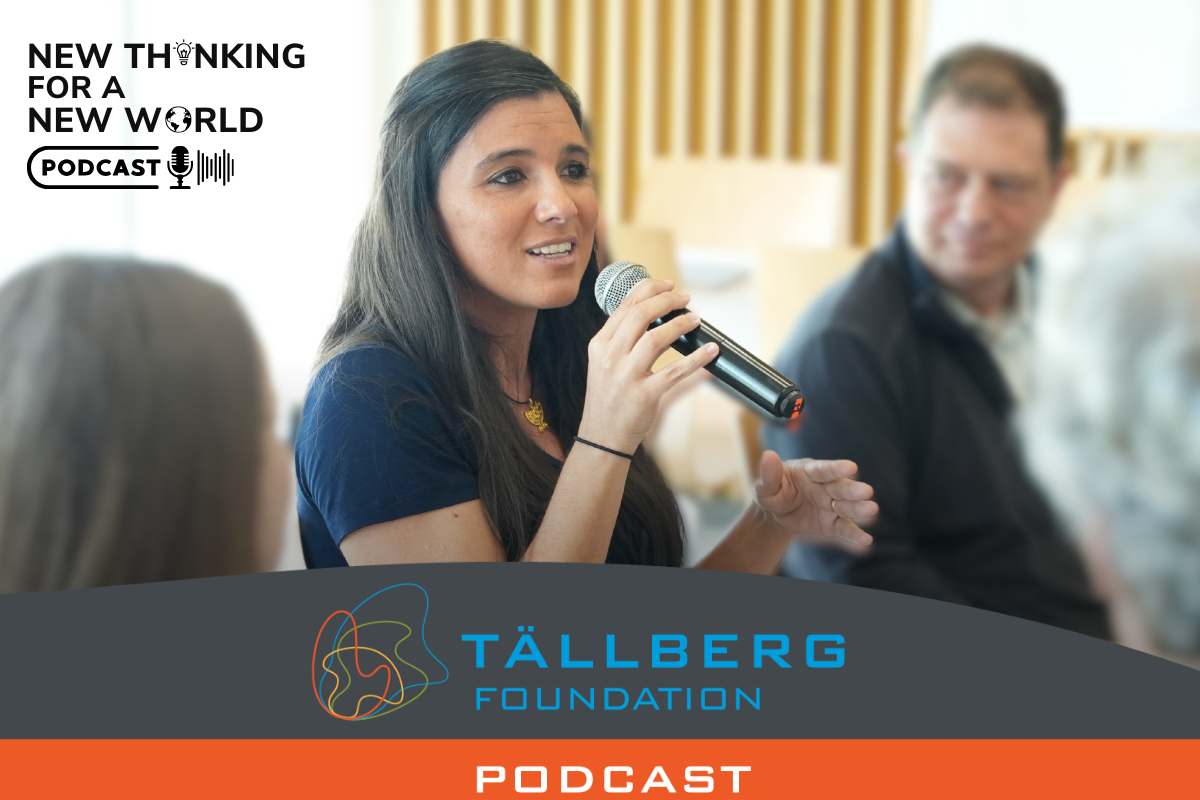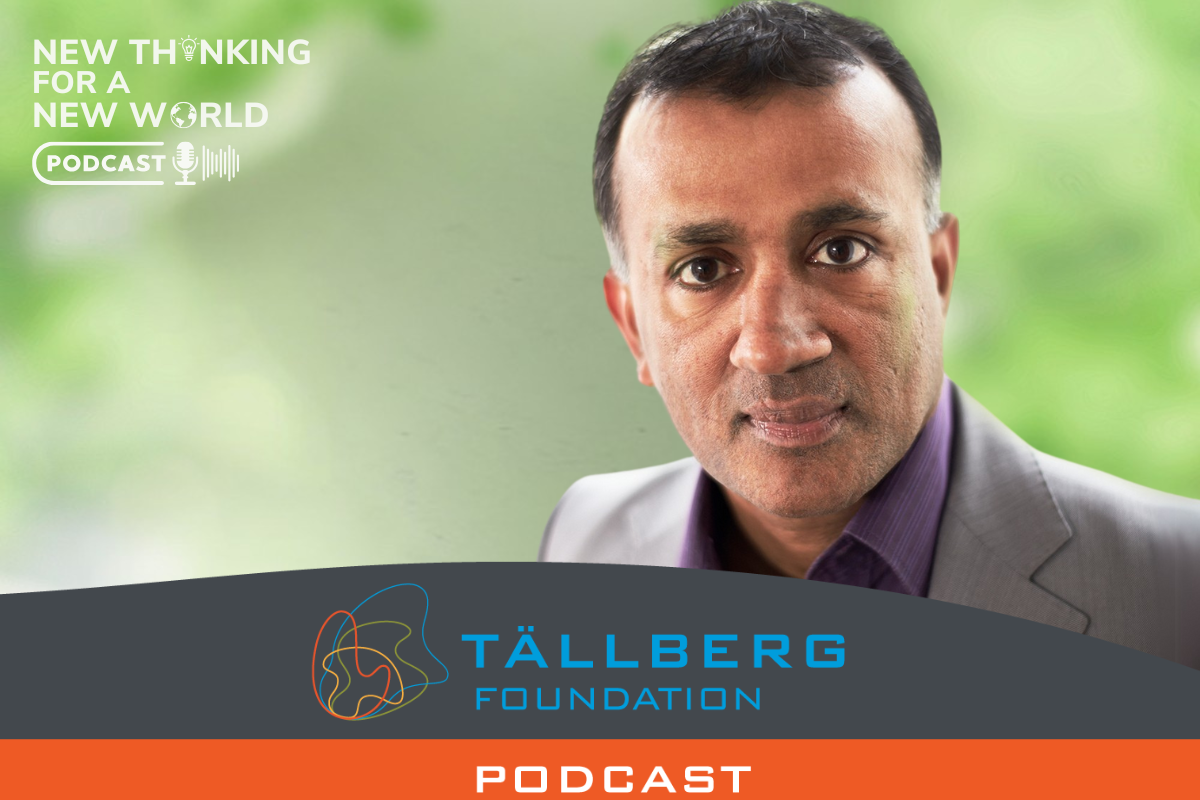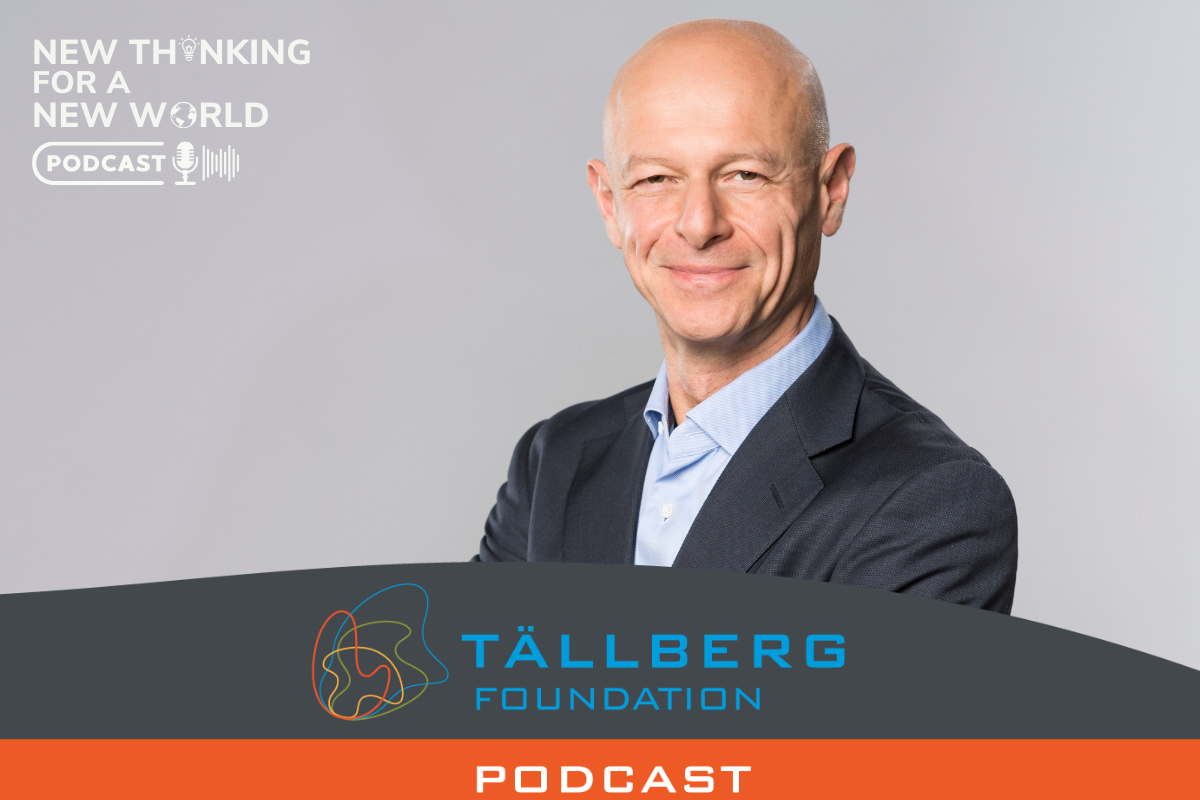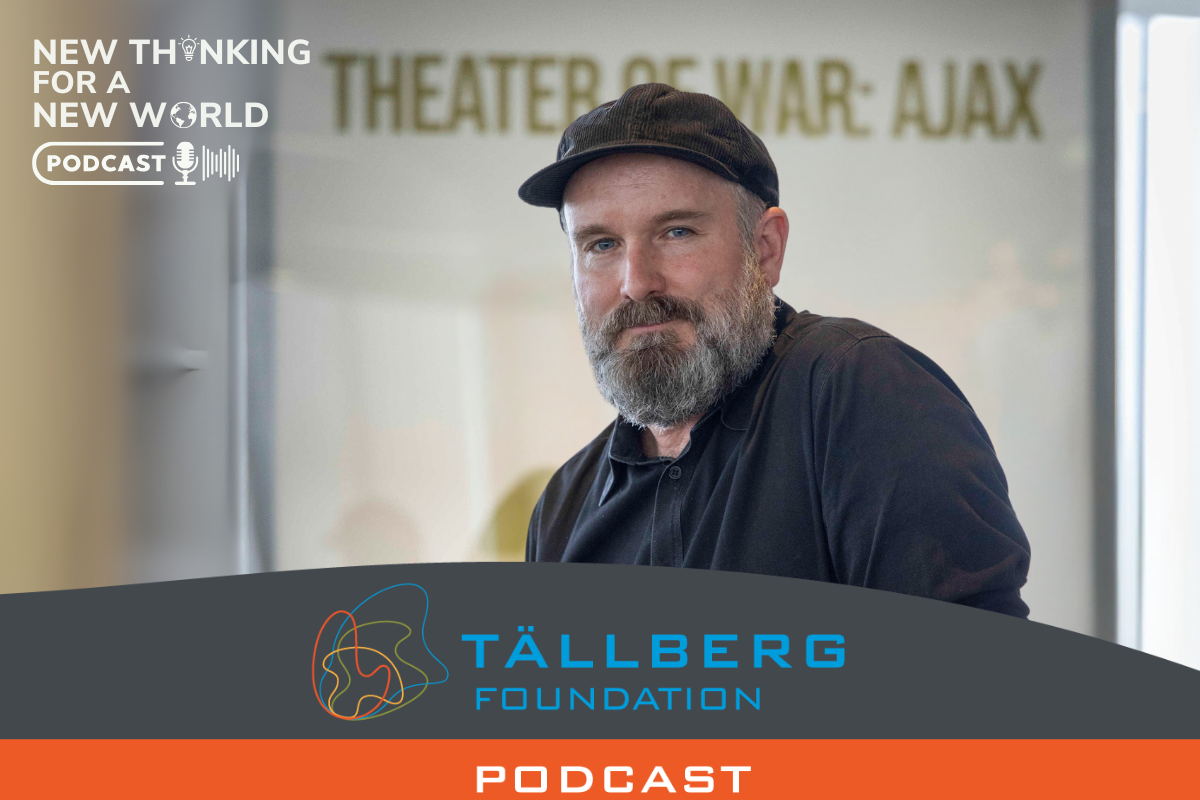Healthcare is intensely personal. Even when national statistics show improvement—which has been the case for most countries over recent decades—what matters is whether my baby in rural Uganda is having trouble breathing or whether my aging father in New York who went into the hospital with a broken hip will now die from the MERS he contracted there or whether why my wife in Buenos Aries can access the drugs she needs to survive cancer.
In our hi-tech age, it seems like much of what ails us and our loved ones should be erasable using innovative technology.
Dr. Kristian Olson agrees. He’s an American internist and pediatrician, based at Harvard, who practices globally, as well as a designer who helped create the Center for Affordable Medical Technology. CAMTech designs solutions—high-tech and not-so-high-tech—that produce better, affordable health outcomes.
Dr. Olson is also a winner of the 2024 Tällberg-SNF-Eliasson Global Leadership Prize recognized by the jury for his unwavering commitment to transforming healthcare especially in low and middle-income countries through human-centered design, pioneering solutions that improve lives across diverse communities.
Tell us what you think: Can smart use of technology make us—all of us—healthier?
***
Find the New Thinking for a New World podcast on a platform of your choice (Apple podcast, Spotify, Google podcast, Youtube, etc.)
ABOUT OUR GUEST
Kristian Olson is an Internist and Pediatrician and serves as Vice President of Design Impact at Mass General Brigham Health where he leads the Springboard Studio. He is a founding member of the Core Educator Faculty and the Chief Innovation Officer in the Department of Medicine’s Residency Program at the Massachusetts General Hospital (MGH). He founded and is the Director of the Consortium for Affordable Medical Technologies (CAMTech) through the MGH Center for Global Health and is an Associate Professor at Harvard Medical School. He has worked extensively in low-and-middle-income countries as well as the US to develop innovative solutions to healthcare challenges utilizing design-thinking. He champions humility, empathy, and creative confidence amongst would-be innovators. Kris is a serial innovator, has several patents and has started both non-profit and for-profit ventures to accelerate ideas to implementation.
Originally from rural Canada, he completed a degree in biology at the University of British Columbia, medical school at Vanderbilt University and his residency training in the Harvard Combined Medicine and Pediatrics Program. He obtained a Masters of Public Health at the University of Sydney while a US Fulbright Scholar and a Diploma in Tropical Medicine at the London School of Hygiene and Tropical Medicine.




Healthcare is profoundly human, a mirror of our vulnerabilities and strengths. While statistics may paint a hopeful picture, they often fail to capture the raw reality of an individual gasping for air, a loved one battling an unseen infection, or the unrelenting dread of inaccessible medication. These aren’t numbers—they’re lives, interconnected by shared humanity and bound by the hope for something better.
In a world pulsating with technological innovation, the potential to alleviate suffering feels tantalizingly close. Yet, technology alone is not the cure to all. It is the bridge, not the destination.
The magic lies in aligning this innovation with compassion, equity, and an unwavering commitment to reach those at the margins.
Dr. Kristian Olson’s work embodies this balance. His approach, grounded in human-centered design, is a testament to what’s possible when technology meets empathy. CAMTech’s efforts to create accessible and impactful healthcare solutions highlight the importance of addressing not just the symptoms of inequality but the root causes. It’s about designing systems that see people, not just patients, and creating tools that serve diverse communities with dignity.
Can smart use of technology make us healthier? Absolutely—but only if we prioritize the “human” in humanity. Technology must be wielded as a tool of love and inclusion, ensuring no one is left behind. It’s not just about what innovation can do but about who it serves and how deeply it transforms lives.
As someone who values unity, growth, and the transformative power of love, I see this as a call to action for all of us. Healthcare is not just about systems; it’s about the people those systems are built for. With collective effort and heart, we can build a future where health is a shared triumph, not a privilege.